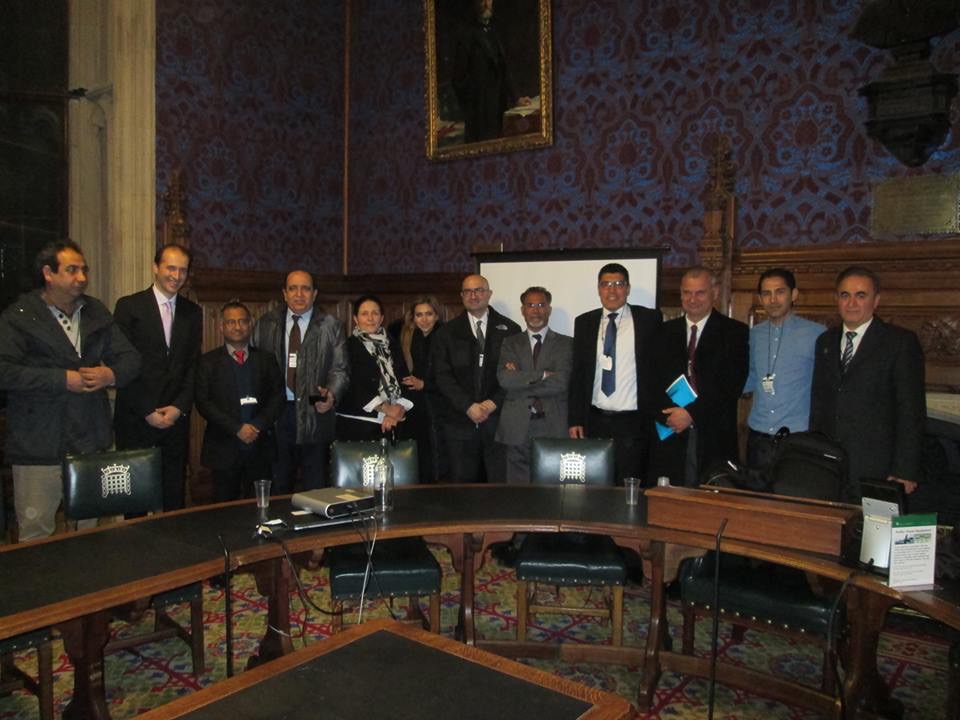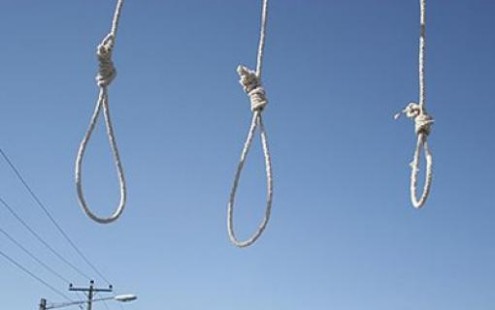Produced by the Ahwazi Arab Solidarity Network in conjunction with Ahwazi Arab rights activists and NGOs, the Ahwaz Human Rights Review 2013 provides an overview of the events and issues concerning the Ahwazi Arabs over the past year, a year that has seen an increase in violent repression, summary killings and executions.
The authorities are attempting to silence the voices of moderate, educated Ahwazi Arab cultural activists, particularly teachers who have sought to advance indigenous Arab culture and language among Ahwazi children. Meanwhile, the socio-economic and political conditions that are the context of the unrest have merely intensified, a situation that the region’s politicians are increasingly concerned about.
The ‘Arab Spring’ uprisings across the Middle East coupled with the anniversary of the April 2005 Ahwazi uprising led to a series of demonstrations in Ahwaz in 2011 and 2012. The 2005 Ahwazi peaceful intifada led to the killing of at least 160 protestors, hundreds of arrests and a number of executions following secretive, flawed trials in Revolutionary Courts.
The protests of 2011 and 2012, attracting thousands of peaceful Arab demonstrators, spread to a number of Arab populated cities and towns, although a heavy security presence meant that the protests were isolated and media coverage was suppressed. In the run-up to the presidential election and in its aftermath, the security and intelligence services have ramped up their campaign of arrests, with hundreds held in detention in the first few months of 2013 in anticipation of Arab unrest.
The main themes of Ahwazi Arab demonstrations are lack of socioeconomic development caused by discrimination, particularly in the areas of employment, housing and civil and political rights. The Iranian regime’s response to the country’s indigenous Arab unrest was as swift and brutal as that of other regimes facing unrest in the Middle East. Security forces frequently use live ammunition and teargas on peaceful demonstrators and stand watch at hospitals to apprehend any injured protestors.
Executions of arrested Arab protesters and anyone accused of inciting protest are routinely carried out. Ahwazi Arab political prisoners are highly vulnerable to torture and rape by interrogators and extra-judicial killings. Ahwaz City hosts some of the most notorious prisons in Iran, a country renowned for torture and extra-judicial killings. Secret security centres are used to extract false confessions. Most ethnic Arab political prisoners are imprisoned for demanding their cultural, linguistic, civil and human rights and are tried in secret revolutionary courts without access to defence lawyers. Often they are sentenced to death by hanging.
Source: Ahwaz News Agency










